|
Disordered eating usually has a strong psychological component with triggers that range from person to person. All forms of under eating, with lack of macro and micronutrients, leads to nutrient depletion with more health concerns to follow over time.
In the following article, learn about the impact of eating disorders from a physical/physiological point of context. If you or anyone you know struggles with eating disorders, please seek help. Eating disorders are a multi faceted illness that require medical attention from a medical practitioner, support services from counselling, and potentially natural support from nutritionists and herbal medicine experts - having a health team to see you through, is better than going alone. If you need immediate help, there are crisis options available with hotlines. For Canada please go to https://nedic.ca/ For the US please try https://www.nationaleatingdisorders.org/ Hormonal imbalance Because eating disorders are extremely psychological, they easily ramp up the production of our stress hormones. This is heavily taxing on the body as a whole and especially the adrenal glands, which are responsible for producing quite a bit of our sex hormones. Adrenal stress disrupts the production of estrogen, progesterone and testosterone, all of which play a role in reproductive health including regular menstruation, libido and fertility. Women have the tendency to lose their cycle all together (amenorrhea) leading to very low sex drive and inability to conceive, while men suffer from erectile dysfunction. This is the struggling body’s way of saving energy, and any concerns related to disorded eating may return back to health once eating is again balanced. Sadly, disordered eating affects higher percentages of young adults who are meant to be in the highest point of their sexual & generative time, thus creating complications for both the mother and / or baby during pregnancy, or unfortunately the inability to reproduce. Blood sugar imbalance & insulin resistance With undereating, sometimes comes overeating / binging. These drastic patterns have a negative effect on blood sugar and insulin balance. With going from one extreme to the next, blood sugar levels drop, and spike quicker than the body would admire. These crashes often lead to fatigue, irritability, anxiety, depression & other symptoms. Commonly, caffeine or refined foods are craved in order to boost energy, which additionally disrupts production of serotonin & melatonin. These habits only enable the vicious circle, carrying on any blood sugar imbalance, leading to possible insulin resistance and further complications such as diabetes, heart conditions, nerve damage, mood disorders, eye problems & more. Neurotransmitter imbalances Dieting or restricting has been shown to decrease levels of tryptophan, which makes serotonin. Serotonin is a neurotransmitter & happy hormone that stabilizes mood, promotes good sleep, controls carbohydrate intake and manages compulsive & obsessive behaviours. Binging may occur which gives a temporarily relief of stress from a need in caloric intake but is usually followed by more restriction and possible bulimic tendencies, which again depletes the system of tryptophan & other nutrients needed to form serotonin through the act of vomiting. Mood disorders or traits such as depression, anxiety, impulsiveness, irritability and swings tend to arise. Additionally, with low estrogen being common in disorded eating and also being shown to lower serotonin levels, there is no doubt that issues with mood and mental health with occur. Deficiency in essential fatty acids (EFA’s) Fat phobia is typical in eating disorders. Due to a low-fat diet, depression and irritability come up as essential fatty acids are key in brain function, as well as sex & stress hormone production. Furthermore, with fat missing from the diet, blood sugar levels drop quickly and create imbalances. Gastrointestinal disturbances Some forms of disordered eating consist of the consumption of nutrient poor foods high in sugar and refined carbohydrates. With this in mind, we can address symptoms like bloating, constipation, the opposite of constipation, slow gastric emptying, gas and malabsorption. Malabsorption is important to review as any nutrients that the person may be getting are not actually being absorbed and used in the body where needed, which can also lead to further emotional symptoms. Without chemical reactions occurring as they should, the hormones that control hunger and satiation may also be impaired. Food allergies & intolerances Coming off of the last point, if the only foods being consumed consists of empty calorie foods with no nutrients, serotonin production is affected negatively, more stress is put on the adrenal glands and blood sugar increases. Processed foods such as refined sugars and carbohydrates get in the way of neurotransmitter functions as well as any nutrient absorption that becomes available. This will all alter mood and state of mind. There have also been studies showing that food allergies and intolerances may be a contributing underlying factor to mental health issues and conditions such as disordered eating. Impaired bone health Reduced calorie & nutrient intake, plus exercise stress & low energy availability can cause amenorrhea as discussed. With reduced circulating estrogen, there is enhanced bone resorption, which then leads to reduced bone mineral density & increases the risk of osteoporosis. Nutritional support: While disordered eating is hugely related to mental health conditions, nutritional counselling may be used depending on the case as a multi-disciplinary approach in tandem with psychological support. We are whole, with the gut and brain being extremely connected, thus intertwining nutritional approaches with proper psychological treatment is of best interest and holds greater success rates in recovery. Healthy & essential fats to support hormones, adrenals, thyroid, blood sugar & brain health. Rich omega 3 rich foods such as cold-water fish like salmon, halibut, herring, sardines, mackerel, cod, tuna and anchovies, as well as in hemp seeds, chia seeds, flax seeds and / or oil, avocado and / or oil & olive oil. Maca root to support adrenals, energy and sexual health. Found in both capsules and powered form. Zinc deficiency may contribute to eating disorders and is likely depleted with food restriction and malabsorption. Supplementation of zinc through capsules or food sources such as oysters, legumes, nuts & seeds, organic eggs, red meat and unprocessed whole grains can support those suffering eating disorders, along with women’s and men’s sexual & reproductive health. Electrolytes are significant when it comes to disordered eating patterns. Dehydration doesn’t just occur from lack of water intake, as a large percentage of hydration comes from solid foods and with restriction one can become more susceptible. Electrolytes such as sodium, potassium, calcium, magnesium and chloride are essential for our bodies to function properly. Restrictive eating, stress and anxiety depletes optimal levels, and especially in those suffering from bulimia as the body is losing electrolytes through vomiting, sweating and even laxative induced bowl movements. Isotonic solutions contain electrolyte balances similar to the plasma of our bloodstream. Some good options for these products include Electrolyte Synergy by Designs for Health & Electrolyte Drink Mixes by Ultima. Alternatively, you can play around with making your own:
Sodium found in sea salt, pickled foods and organic fermented foods such as miso or tempeh Calcium in organic unpasteurized cheeses, organic soy products & peas, lentils, almonds, poppy seeds coconut milk, wild caught salmon & kale Potassium sourced from bananas, oranges, spinach, broccoli, sweet & russet potato as well as some dried fruits such as prunes & dates Chloride from many vegetables as well as seaweed, tomatoes, lettuce, celery & olives Magnesium sources include cacao, avocado, most greens, nuts & seeds, beans & unprocessed whole grains *vegetables & fruits contain many if not all electrolyte minerals Iodine to support thyroid health. Thyroid disorders are extremely common here and contribute to further hormonal imbalances. Food sources high in iodine include sea vegetables, seafood and iodized salt. Additionally, saturated fats have shown improvement in thyroid function, and can be found in organic coconut oil, ghee, butter, unpasteurised full-fat dairy, and organic red meats. Intestinal support is key in most circumstances. Including the following will help bring balance back to the gut microbiome, aid digestion, improve absorption and lead to better mental health. Our gut flora also regulates adrenal, thyroid and liver function. The state of our gut bacteria plays a massive part in mood stabilization & sleep quality, which in turn will reduce stress on the adrenals. Probiotics found in fermented foods like sauerkraut, kombucha and kimchi, probiotic supplements, cultured dairy products. Prebiotics in legumes, garlic, onions, dairy products, apples, grapefruit, sweet potatoes, quinoa, cauliflower, kale, blueberries. Fibre from sweet potatoes, lentils, quinoa, flax, greens, and beans. Liver Support as it is a key organ for hormone balance and cholesterol production, which is the building block for the hormone’s estrogen, testosterone, and progesterone, as well as cortisol, our stress hormone. Indole-3-Carbinole found in cruciferous vegetables like broccoli, cabbage, cauliflower, kale, brussels sprouts and mustard greens. Calcium D-glucarate found in apples, grapefruit, garlic, onions, and bitter greens like mustard greens or collards. Balancing blood sugar through eating frequent and balanced meals will stabilize blood sugar levels and take stress off the adrenals. Quality protein, as well as healthy fats, will help slow the digestion of glucose, thus avoiding spikes & crashes and the symptoms that come along with it. Optimal protein sources include organic & pastured meats, eggs, wild caught food of the sea, organic soy products and plant based combinations such as whole grains and legumes. We are all biochemically unique, so working with a professional would be a good option in order to discover your ideal protein intake. As you can see from all of the information above, the physical impacts of disordered eating are great and encompass many systems. You were also able to see some of the herbs and supplements often used when working with an individual who is struggling with disordered eating. If you would like to speak with me 1:1 about concerns with disordered eating, please contact the office directly to make an appointment, we are here for you. In health and wellness, Hannah Charron - Registered Holistic Nutritionist
0 Comments
As temperature cools and daylight shortens, life’s pace slows down: plants grow slower and some animals hibernate to conserve energy for the spring to come. Your health also goes through seasonal shifts that require adjustments to your nutrition and lifestyle to strengthen your foundational health. Let’s take a look at three practices that you can do to support your immune and digestive health during this time of the year. Slightly Cooked Vegetables and Herbal Tea If you notice you have been skipping salads and icy smoothies as the weather cools, adding vegetables to soups can be a great way to get more nutrients into your digest. Digestion and absorption requires optimal temperature and pH to occur. Extreme cold temperatures tend to cause the restriction of blood vessels causing poor circulation, sluggish digestion and in some cases, intestinal spasms as the body tries to warm things up to its preferred temperature range. Moderate amounts of fresh produce are completely okay and beneficial if your body feels good consuming it. Personally, I can’t resist the crunch of a beautiful, locally grown apple. However, if you notice a pattern of loose stool, bloating and cramps you might want to swap the icy cold water or soda to a caffeine free herbal tea, and swap the loaded raw salad with a slightly steamed or stir-fried vegetable. The optimal ratio of raw vs. cooked food varies based on the individual’s constitution, their current state of digestive health, and the climate. Immuni-Tea from Healing House is a delicious herbal blend that contains antimicrobial and immunity supportive herbs to support your respiratory system health and your overall immunity. Healthy Fat and Protein
Cold, brisk air can make the skin feel dry and sensitive. Amping up healthy fat intake is a good way to provide crucial nutrients to support and nourish your skin. Another benefit of having the healthy fats in your diet is because some quality fats are carriers of immune protective antioxidants such as vitamin A, D, and E. Gamma Linolenic Acid Unlike the type of omega 6 people acquired from processed foods such as deep fried chips and baked goods made with vegetable oils, GLA provides emollient effects for hair and skin, in addition to also providing support for hormone health. You can get GLA from spirulina, chlorella, hemp seeds and/or its oil, evening primrose oil, borage oil. It’s important to consider adding the following foods into your diet to keep a balanced ratio of omega 3 to 6 in your body. Alpha Linolenic Acid and Fish/Algae Oils Omega 3 provides anti-inflammatory properties to the body, especially beneficial to joint, skin, mood and hormone health. You can get ALA from flax seeds, hemp seeds, walnut, chia seeds, perilla seeds. Fish and algae oil provides pre-activated forms of omega 3 making it readily available for the body. A good quality cod liver oil can also provide the body with vitamin A and D. Quality Protein Winter is a good time to deepen your connection with your body and improve your vitality by increasing the nutrient density of your diet. Bone broth that takes hours and hours to simmer is a great way to extract readily available collagen, glucosamine, calcium, magnesium, zinc and potassium. Take advantage of the slow cooking process to toss in some mushrooms, like maitake, shiitake, wood ear and lions mane to enhance the flavour and texture of the soup such as. These mushrooms also provide immune modulating beta-glucans to support your health. You can also take your soup to the next level by adding some blood tonifying herbs such as burdock, goji, astragalus and dan sheng. Digest Better With Bitters If your digestive system feels sluggish from the winter season, you can naturally stimulate your digestion with bitter foods such as kale, endives, rapini, broccoli, mustard greens and arugula. Bitter flavour stimulates bile production which naturally helps to promote intestinal peristalsis and kills off bad bacteria in the gut. Disclaimer Please consult a qualified practitioner before using herbal medicine. This article is for information purposes only. About the Author Tahlia Sage (Certified Nutritional Practitioner, Bsc Food, Nutrition & Health) is a partner at Healing House Natural Wellness (healinghouseherbal.com), the founder of Tahlia Sage Wellness (tahliasagewellness.com) and she is also an instructor at the Institute of Holistic Nutrition. Her coaching practice helps clients achieve their wellness goals by embracing functional foods and healthy lifestyle changes. Tahlia’s own health challenges and weight issues prompted her to pursue an education in nutritional science and holistic nutrition. Tahlia empowers her clients to regain balance with easy, concrete steps. Connect here with Tahlia for a free 15 min discovery session. Whether it's keeping that number on the scale low or high, the optimal weight for an individual is individual. In some individuals, weight can be indicative of overall health. Sustaining a range that is appropriate for one’s physiology is significant in disease prevention and well-being. Almost all of our body systems can be negatively impacted by unhealthy weight, but there are plenty of conditions and disorders that can become more susceptible if over or underweight. To list a few: ✶ Cardiovascular disease ✶ Heart attack ✶ Stroke ✶ Diabetes ✶ Mental health ✶ Cognitive function ✶ Blood pressure ✶ Arthritis ✶ Poor immune function ✶ Thinning / loss of hair ✶ Skin conditions ✶ Fatigue ✶ Poor dental health ✶ Anemia ✶ Developmental delays ✶ Amenorrhea ✶ Malnutrition ✶ Gallstones ✶ Impaired growth ✶ Osteoporosis ✶ Asthma ✶ Cataracts ✶ Infertility ✶ Some cancers ✶ Snoring ✶ Sleep apnea Lots right? Moving on! Insights geared towards weight will be looked upon differently by each individual, and tips and guidance are going to be directed to best suit that person. It would be negligent of me to provide specific and detailed tips to an audience on how to obtain and manage everyone’s optimal weight range. For example, I wouldn't feel comfortable suggesting something like ‘try to carry out 30 minutes of cardio for a minimum of 4 days a week’, because the individual reading the article may be suffering from a pre existing condition. Or, if I said something like ‘you should consume 2 sweet potatoes a day’, while the person reading may have exceedingly different intentions towards their optimal weight that will likely require other priority foods, or they could be intolerant / sensitive / allergic to them, or simply just despise the taste of them (wild, but definitely possible as we all have different palettes). In contrast, what I can do is, be your nutritionist and provide some general diet guidelines that are fitting and acceptable for all a multitude of lifestyles and individuals. Suggested Guidelines for Healthy WeightEat what the earth has kindly and naturally provided us! Stick with whole and nutrient dense food and keep away from processed and / or refined packaged goods, sugar and oils. Sugar is sneakily added to a great percentage of food to enhance taste, optimize profit and decrease your health. Processed chemicals induce cravings for more, skyrocket blood sugar, lead to unhealthy weight gain by accumulating in fat cells, and increase inflammation which can develop future health issues. It’s been stated that on average, two-thirds of caloric intake is from refined sugars, flours and fats, leaving very little room for any essential nutrients coming from whole foods. Processed foods are recognized as empty calories, meaning they provide absolutely zero nutrients. Because cravings are our body's way of asking for more nutrients, even after consuming enough calories, these empty calorie processed foods are not going to help in that they don’t provide anything for your body to use and can adversely increase cravings. I don’t mean with sodas, pop or sugary fruit juices. I mean with pure, clean water! Water plays a special role in every single one of our bodily functions, keeping everything moving and functioning optimally. Hydrating with good clean water is the healthiest and safest way to detox the body and sustain a healthy weight. Fluids help breakdown your food and help digestive enzymes to prevent possible bloating and / or constipation. Without water, the colon can’t do its job of bringing in and circulating nutrients and water back into our bodies, while eliminating waste easily and normalizing bowel movements. And without proper elimination, we experience a build-up of fecal matter, and this is definitely a form of unhealthy and unwanted weight gain. The unpassed toxins can then circulate in your body!! Imagine fecal byproducts in your circulatory system! Additionally, we often have a hard time finding the difference between our hunger and thirst cues. Reach for more water before more food!! Spacing out water between meals will help keep you feel satiated and prevent overeating. Some nice and simple ways to keep up with hydration can be by having your bottle with you, but also try dazzling it up with cucumber, fresh berries, ginger, mint (also soothes your belly) or herbal teas. This is always a tough one, especially during a pandemic! I can’t force anyone not to do something, but I can explain why you should consider it. I will say that alcohol can lead to excessive weight gain and a variety of other concerns. It can increase inflammation, lead to poor sleep and chronic dehydrated. Studies have shown that hard alcohol can impact your saliva flow negatively, which in turn hinders digestion, metabolism, and how your body absorbs and uses many nutrients. Because most cocktails consist of sweeteners, syrups and creamy liquors to uplift their taste and keep you drinking, they lead to an accumulation of unwanted fat. In addition to the alcohol itself, these far too high carb contents and processed / refined additives are not nice on your hard-working system. If you do plan to drink alcohol, avoid sugary drinks and just be aware of the effects. Additionally, when large amounts of sugar are consumed, your smart body will try and stabilize itself by pulling fluids from cells in order maintain balance, which causes further dehydration...and we know how important hydration is! Try and sticking to: ✶ Light champagnes ✶ Organic wines, because in addition to natural sulphates, there are none added to organic, and it tends to be those that irritate some of us with headaches, bloating, gas, flushing, dizziness, itching and more ✶ Organic hard ciders, strictly the fruit of the apple, nothing else ✶ Light beers! There are also decent gluten / sugar-free options like Bard's, New Grist, Glutenburg (IPA, double IPA, white, & gose), Mongozo & Green's or low in gluten beers like Estrella Daura Damm (this one is not safe for celiacs) ✶ Naturally enhancing your hard alcohols and cocktails using bubbly water, sugar-free tonic water, lemon / lime, freshly squeezed fruit juices, berries, maple syrup, agave, honey or alternatively cane juice / cane sugar Weight management, lifestyle and nutrition are so much more than just numbers (pounds, kilos, grams, calories etc). Focus on high quality, and you will soon see that digits don’t matter. For instance, since each food has its own spectrum of amino acids along with each body’s digestive bioavailability, protein quality measures must be reflected. Protein quality looks at how well or poorly the body will use a given protein. By consuming high-quality protein, and while optimizing your digestive health, you won’t feel the need for more and keep away from overconsumption. With understanding how pricey it can become when buying organic / non-GMO etc etc, I want to assure you that not everything needs to be those. Start by inspecting the dirty dozen and clean fifteen list to refer to when shopping for organics. Confirm that your soy products (tofu, tempeh etc) are certified organic, and any animal products are aimed to be grass-fed / organic, while food of the sea is wild caught. All in or der to avoid added hormones, antibiotics, toxins, heavy metals and more!! Eating high vitality foods will allow your body to become progressively more efficient and with this cravings for more food will ease. When in doubt, veg out. Reach for vegetables, fruits or nuts and seeds rather than crackers and cookies. Sleep is critical for all!! Without enough, we risk an increase in stressy cortisol levels (leading to possible weight gain or adrenal exhaustion), harmed immune function, hindered metabolism, diminished athletic performance and the body's ability to repair any damage, depleted cognitive function and focus, and some mental health issues; all to which have an effect on weight management whether it be gain or loss. In order to secure more sleeping hours, here are some achievable moves you can implement into your nighttime routine: ✶ Get into bed earlier - this will set the mood and prepare you for sleep ✶No screens at least one hour before bed - light elements throw off your circadian rhythm, which then hinders the production of melatonin (sleep-promoting hormone) (also anti-ageing woop woop) ✶ Apart from intimacy, keep your bed for sleep only, no other distractions - your space of slumber and intimacy should be recognized as a place to do just that ✶A cool environment - body temp naturally lowers at the time for bed, so being too warm can block that signal. with a cool space, you will reinforce those natural instincts of your body and also increases melatonin production yay!! ✶ Complete darkness! - same reasoning as behind the light of electronics ✶ Set a scent - lavender has its popularity with good reason. the beautiful lilac plant dispenses a lovely soothing aroma creating a restful environment “New studies provide evidence that insufficient sleep enhances hedonic stimulus processing in the brain underlying the drive to consume food; thus, insufficient sleep results in increased food intake. In addition, lack of sleep has been reported to decrease plasma leptin levels, increase plasma ghrelin and cortisol levels, alter glucose homeostasis and activate the orexin system, all of which affect the control of appetite and might compromise the efficacy of dietary interventions.” Sleeping habits shouldn’t be ignored when considering healthy weight management. Sleep is equally as important as the diet and lifestyle portion of any personal program and was actually endorsed by the Canadian Obesity Network. I don’t mean that you must run 10k every day. If you wake up and feel like you wanna sprint or just run and never stop, do it. Well like stop eventually please, but you feel me. If you’re craving a nice yoga or pilates session, do it. Maybe you’re feeling hella strong and wanna lift weights, fab. Do it. Stay active in ways that you enjoy, and in ways that make you feel damn good. At least 30 minutes of movement each day is recommended, but you and your health goals will determine how this is executed. Staying active helps reduce common triggers of overeating – stress, sleep quality and mood. Try to keep your activity balanced. And what I mean by this is, if you do 4 days in a row of high-intensity interval training, for example, you’ll only exert cortisol levels which can bring abdominal weight gain and also cause you to be left depleted of energy. This won’t benefit your physical nor mental health. Remember that your body does need rest, and it will tell you. But when cortisol is constantly high, that’s not something you notice, leading to further exhaustion. Try not to overlook that while movement is prime for healthy weight management, it is also key for mental health, and finding what balanced pattern works best for you takes time. Ah, good ol’ macronutrients. Protein, fats, and carbohydrates. As with everything, this is undeniably tailored to each of us. Over or under consumption of one or more macronutrients can lead to an unhealthy weight gain or loss. There has been much fluctuation in mainstream diets revolving around macronutrients in focusing on either low fat, high fat, high protein, zero carbs and so on. There have been studies upon studies in attempts to determine which route is best, but they are inconclusive, and this is due to the fact that once again, our needs are all unalike. Some find great success at the peak of these ‘diets’, but unfortunately, not many of these movements are sustainable. The body needs it all, and that’s why macronutrients exist. And from macronutrients, comes micronutrients such as our essential vitamins and minerals. Although the requirements are less than the macros, they are of equal importance. Most of our body’s chemical reactions rely on them, thus without them, ideal weight and overall liveliness would not be possible. All foods consist of breakdown or build up components, sometimes both. These control the activity of our metabolism, which in turn powers our weight. Anabolism, using foods to build more cells, is very focused in our modern times. For example, and while good quality protein of all kinds and all amino acids are absolutely essential for us, there is undoubtedly overconsumption of animal protein as it’s been advocated that everyone needs copious amounts. Athletes, pregnancy, surgery recovery and other conditions will demand higher needs of protein. When high amounts of any specific macro are consumed, the others tend to get avoided and this brings us out of balance leading to unwanted symptoms and dis-ease. Catabolism on the other hand ensures that used cells, waste matter and metabolic by-products can be split up, broken down and eliminated from the body. This comes from our high fibre legumes, fruits and vegetables. All in all, any way of eating that favours one macronutrient above the rest can be worrisome by suggesting an absence of dietary stability and result in nutrient deficiency. When starved, we tend to get our hands on more foods than normal, and this typically leads to overeating. When we have cravings, it is our body’s way of telling us we need something, and although it’s shouting Oreo cookie ice cream, it means something real nutritious. With eating proper unrefined foods, the body will then stop begging for nutrients so aggressively because you’re giving it what it needs, and you don’t feel the need to inhale the junk aisle. Sub processed foods with healthier and satisfying alternatives! There are SOOOO many recipes, and please do reach out if you need any. For example, this edible cookie dough treat found on my website is gluten-free, vegan and refined sugar-free. And really, really good. Allow yourself to recognize your hunger and react appropriately with a healthy snack. Being proactive and preparing these snacks or meals before that intense hunger rolls in will save you from grabbing the Oreo ice cream. Promoting yourself to a harmonious relationship with food and honouring your body's cues. If you're in tune with your body, you might not need to remind yourself, but checking in with your hunger and fullness is crucial in respecting your body's needs and limits. Before eating, whether at home or in gatherings, try to decide on what you actually want to eat and what you’re truly craving. By eating what your body desires, and in an uplifting mindset, you’ll discover more ease in deciding when you’ve had enough. This too will help steer clear of binging and any nasty guilt followed. Weight related scenarios are bound to involve stress. Eating quickly has become a norm, but it doesn’t give our system enough time to figure out when it’s full or not. You’ll notice with time that mindful eating allows for you to become more caring of what you put into your body, in turn making wiser food choices. It allows you to dismiss the overlooked emotions that are confused for hunger such as boredom, excitement, frustration, rage or sorrow. You’ll feel connected and satisfied. It is practically effortless to become diverted away from the sensations our body is relaying to us (being full up or still hungry). So, really take this into consideration: it takes the digestive system 20 minutes before it can signal to the brain that you’re full. There are tons of things you can do in that 20 minutes before deciding you’re finished or that you want more. Clear some dishes / garbage, make tea, check your phone, chat someone up if you’re with others, practice some breathing or heck, go fart! I'm also real keen on the action of chewing, and there is more about this on my website here, but long story short; if you take the time to chew your food until it loses texture, the better you will digest. You won’t inhale your entire meal and plate to follow, and you will have fewer chances of experiencing any digestive upset. It's def not our fault that we want to try all these new trendy diets, but stemming from the macronutrients section above, they are not suitable for all, not sustainable and are very very hard to continue. By depriving yourself of a wide range of specific items, when the time comes to ‘terminate your diet’, binges happen and that creates way more havoc on ya. Work hard with yourself, and possibly the support of a professional, to come up with realistic and lasting eating and lifestyle patterns that best suit you, honey.
I must say that the topic of this article is mighty close to me. It took me a very long time to understand its importance in my own self, mainly coming from a history of disordered eating, and now with my knowledge of it and the subjects intertwined, I want to open the eyes of others, and especially those undergoing any struggles. Trust, I may have smiled when I saw how thin I looked in the mirror, but that was the only time I smiled. I was miserable, irritated and stressed for every other moment in my waking time. A gloomy gal, and definitely no fun to be around. Reconnecting with what my healthy weight is brought life, freedom and of course health back around. I have learned that as elements change throughout my life, so will my weight and that does typically go for everyone else. Weight is a reflection of many things. Things like thyroid health, pregnancy, gut health, autoimmunity, medications, where you are in your menstrual cycle, sleep, movement, gender, age and of course what you eat!! All of the things, it goes on and on and on. Challenging it may be, but it’s important to remember that it’s about finding that fine line between obsessing and simply caring. Being aware. Discovering where you feel your damn finest and in harmony throughout. Just like your plate, your awareness and effort should be balanced in a manageable way. Working with a professional may be beneficial in attaining that balance, and also discovering any possible underlying issues that may be interfering with one’s health. A holistic approach to healthy weight management consists of setting goals, effort and feeling supported to carry out new and healing lifestyle changes. Through nourishment, movement, actions and mindset, these strategies designed for you will undoubtedly help reach suitable weight, but also enrich and restore all areas of life. Cliche as ever, but ring in this new year with new motives. Keep reminders of why you’re embarking on this self-caring journey and notes of how you feel in your new lifestyle changes. Remember this doesn’t happen overnight, and it takes time to adjust to anything and everything. If you feel you could use support in creating a personalized nutrition plan that fits your lifestyle, health needs, and goals, ponder making an appointment with me or simply getting in touch through my contact page. In line with the Healthy Weight Awareness Month (January) I’d like to explore the psychology behind emotional eating and binge eating. As you read, I invite you to observe how the mind and body are connected along the gut-brain axis, which might give you an insight as to why a holistic approach to wellness could be much more beneficial to clients than relying entirely on one treatment modality. Both emotional and binge eating can lead to weight gain and potentially to obesity, but the former are not prerequisites for the latter, nor is obesity a certain end result. Binge eating occurs less often, as it is marked by psychological distress. On the other hand, it is safe to assume that most of us engage in emotional eating from time to time, that is to say using food to soothe certain emotions rather than to satisfy physiological hunger. Regardless of the type of type of eating we engage in, when we serve ourselves some food our bodies get into a rest and digest state – the parasympathetic nervous system gets activated, thus increasing digestion, making the heart rate slow down and leading to a feeling of relaxation (this is not the case if you are eating while stressed). Subsequently, as we continue to eat and digest the gut signals the brain to secrete endorphins (relaxing chemicals which act as pain relievers) and dopamine. The latter is part of the reward system, hence it makes us feel pleasure and satisfaction; unfortunately for our bodies, however, it is linked to eating junk food and other not so healthy products. In addition to endorphins and dopamine, serotonin (the “happy hormone”) may also come into the picture after eating foods containing the essential amino acid tryptophan (found in protein-based foods such as meats, dairy, seeds and raw cacao among others), or after eating foods with a high glycemic index (ex. ice cream, pizza and fries are examples of both categories). No wonder emotional eating is associated with reaching out for such comfort foods – the chemicals these consist of trigger the secretion of feel-good hormones in the brain! Chocolate deserves special mentioning here, because in addition to tryptophan, it consists of caffeine and theobromine (together these little guys give us an energy boost), as well as phenylethylalanine – a chemical secreted in the brain when we are in love! Knowing how different food chemicals in the gut affect the neurotransmitters in the brain is important because it gives us an insight into the reasons behind emotional eating: when we experience pain, stress, anxiety, depression, sadness, loneliness, boredom or the need to reward ourselves, reaching out for comfort foods can give us a quick emotional fix – feelings of relaxation, pleasure, happiness and even love become predominant. We can easily learn to associate feeling good with eating, which may become a problem if we rely on eating as the primary coping mechanism for emotional regulation. An additional red flag of emotional eating is when the latter turns into overeating (consuming more food than your body needs at a given time) and binge eating which is often followed by feelings of guilt and shame (hence the psychological distress mentioned earlier). If you are someone who indulges in an occasional junk fiesta while stressed over a tight deadline I wouldn’t worry too much if I were you. However, if you notice regular use of food to cope with emotions, decreasing number of other coping mechanisms, and binge eating, you might want to consider taking action for your wellbeing at the earliest signs. The more binge eating occurs, the more guilt and shame people experience, which they tend to soothe with their primary coping mechanism for emotional regulation – (more) food, turning this into a vicious circle. Although I won’t be focusing on eating disorders here, I quickly want to mention that some people might develop binge eating disorder (BED) characterized by recurring episodes (at least once a week for 3 or more months) of binge eating, which include 3 or more of the following: 1. Eating very quickly; 2. Eating regardless of hunger cues, even if one is already full; 3. Eating until uncomfortably or painfully full; 4. Eating alone due to embarrassment about the type and quantity of food ingested; 5. Feelings of self-disgust, guilt, and depression. Among various effects that this mental illness could have on people’s psychological and physical health, it has been observed that that BED could lead to more frequent emotional overeating episodes compared to those without BED. Before I turn to some tools which you may find helpful, I’d like to highlight that eating disorders are included as mental illnesses in the Diagnostic and Statistical Manual of Mental Disorders (DSM-5), some of which could be life-threatening and therefore require help from trained practitioners. The suggestions that I offer here are meant at starting points for people who do not exhibit the corresponding symptoms (https://nedic.ca/eating-disorders-treatment/), but do engage in emotional and/or binge eating, the occurrence of which they hope to minimize.
As part of increasing your self-awareness I additionally invite you to think of ways to develop your . Research shows that disordered eating is linked to deficits in emotional processing such as understanding one’s own and others’ emotions, related physical sensations and facial expressions. Therefore, it is expected that improving your grip on the above may have positive influence on your eating patterns. You can start by observing people’s reactions, how those affect you and vice versa. Furthermore, use stressful situations as opportunities to examine how you tend to react: Where in your body do you feel anger or anxiety? What do you do after a frustrating event? 2. Eat mindfully and intuitively When I say mindful eating, I’m not suggesting that you should eat with your eyes closed while telling your brain not to think; to the contrary, mindfulness is about being present in the moment and when you eat this means simply savouring the food. Focus on your senses: Is you food colorful and aesthetically pleasing? Do you begin salivating at the sight of your meal? Do you feel your stomach getting excited? What is the texture of the food, and most importantly how much do you enjoy the taste of what you eat? If you want to get even more mindful, you may take a couple deep breaths before beginning your meal, and I highly recommend that you eat in a relaxing environment away from technology. That’s all – enjoy! Intuitive eating is related to the savouring aspect of mindful eating, since at its core lies the idea of giving ourselves permission to enjoy the pleasure of eating without feeling guilt or shame. In order for this to happen we first have to make peace with food (without dividing it into good or bad categories) and thus get rid of the dieting mentality. Easier said than done – especially in a culture that constantly feeds us messages about diet norms and the . Another foundational premise of intuitive eating is learning to recognize cues of physiological hunger and to notice what fullness feels like for each person individually. Intuitive eating also involves the process of respecting your body and honoring your feelings without using food, which in a sense is the opposite of emotional eating. Last but not least, this self-care approach to eating developed by two dieticians, incorporates suitable nutrition – you can explore what that means for your body and unique needs by reaching out to a trained dietician or nutritionist. 3. Healthy Diet My guess is that this comes at no surprise. Although I’m passionate about gut health, I specialize in mental health, so here I’ll only briefly share some points for you to consider in the psychological struggle with emotional and/or binge eating. There are certain nutrients such as the long-chained omega-3 fatty acids, zinc, magnesium and a number of phytonutrients that influence the neuroplasticity of the brain, which is essential for the replacement of unhealthy coping mechanisms like emotional and/or binge eating with wellness practices. Some foods containing these nutrients also have moderation effects on depression, which as seen earlier is a contributing factor to emotional regulation through the use of food. Moreover, there is growing research data on the effects of the gut flora on people’s cognitive functions and mood. For instance, about 90% of the “happy hormone” serotonin, which is an important mood stabilizer, get produced in the gut (so called “second brain”). That is to say, feeding ourselves anti-inflammatory foods that help us maintain a healthy gut flora could moderate anxiety and have positive impact on our mood. Nourishing our bodies in such ways, combined with increased self-awareness, mindful and intuitive eating could thus facilitate emotional regulation without stuffing down our feelings with food. I hope that this leaves you with enough food for thought (pun intended). I will be sharing a couple additional tools to help you minimize emotional and/or binge eating, along with other mental health information on Healing House’s social media, so be sure to follow us. Best wishes for the New Year – may you all find the strength in you to overcome your challenges and become proudly resilient! I am here to support you on your journey. Warmly, Bobbie Miteva If you would like more information or to make an appointment with Bobbie, you can book with her directly by clicking here. REFERENCES:
Evers, C., Marijn Stok, F., & de Ridder, D. T. (2010). Feeding your feelings: emotion regulation strategies and emotional eating. Personality & social psychology bulletin, 36(6), 792–804. Jenkins, T. A., Nguyen, J. C., Polglaze, K. E., & Bertrand, P. P. (2016). Influence of Tryptophan and Serotonin on Mood and Cognition with a Possible Role of the Gut-Brain Axis. Nutrients, 8(1), 56. Foye, U., Hazlett, D. E., & Irving, P. (2019). Exploring the role of emotional intelligence on disorder eating psychopathology. Eating and weight disorders: EWD, 24(2), 299–306. Konttinen, H., van Strien, T., Männistö, S., Jousilahti, P., & Haukkala, A. (2019). Depression, emotional eating and long-term weight changes: a population-based prospective study. The international journal of behavioral nutrition and physical activity, 16(1), 28. LaChance, L. R., & Ramsey, D. (2018). Antidepressant foods: An evidence-based nutrient profiling system for depression. World journal of psychiatry, 8(3), 97–104. Macht M. (2008). How emotions affect eating: a five-way model. Appetite, 50(1), 1–11. Macht, M., & Dettmer, D. (2006). Everyday mood and emotions after eating a chocolate bar or an apple. Appetite, 46(3), 332–336. Schnepper, R., Georgii, C., Eichin, K., Arend, A. K., Wilhelm, F. H., Vögele, C., Lutz, A., van Dyck, Z., & Blechert, J. (2020). Fight, Flight, - Or Grab a Bite! Trait Emotional and Restrained Eating Style Predicts Food Cue Responding Under Negative Emotions. Frontiers in behavioral neuroscience, 14, 91. Wiedemann, A. A., Ivezaj, V., & Barnes, R. D. (2018). Characterizing emotional overeating among patients with and without binge-eating disorder in primary care. General hospital psychiatry, 55, 38–43. Why should we care about vitamins?
Did you know that the tomato you eat today has drastically different nutritional values than a tomato thirty years ago? Most of our foods are exceedingly vitamin and mineral deficient. The cause of this is oftentimes due to global soil degradation, the loss of plant variety, the large distance that food now travels, or due to man made chemical inputs, herbicides, and pesticides. Due to this, most individuals who eat a modern western diet, have nutritional deficiencies, and chronic nutritional deficiencies can have a huge impact on individual health. Why Take Vitamins? Supplements in our diet can be used as a preventative approach to maintaining or improving health and wellness. In some illnesses, vitamins are also used as a primary treatment method by trained practitioners for certain short-term and chronic illnesses. Most often when we refer to vitamins we are not simply thinking about the most common types such as A, B, C, and D, but rather the more general idea of taking vitamins which alludes to minerals and other healthy nutritional choices as well. This week is Folic Acid awareness week, and so we wanted to share with you the importance of this amazing water-soluble vitamin and discuss its impacts on health and wellness. Folic Acid is part of the B Vitamin complex, also known as B9. B complex vitamins are water soluble and are not stored very well in the body, however they are one of the most important vitamin complexes that our body needs as they are required daily for a variety of essential functions such as proper digestion and absorption, energy levels, sleep and wake cycles, proper brain function, and most importantly, our cellular metabolic functions. This complex of vitamins works best together, and is also partially made in our native microbiome which is located in our small and large intestines. B9 (Folic Acid) is considered to be one of the key water-soluble B vitamins. When it is consumed it is actively transported from our digestive tract into the blood where it acts as a coenzyme for a multitude of functions and often is converted to its active form, tetrahydrofolic acid (THEA), in the presence of niacin coenzyme (NADP) and vitamin C. Folic acid is stored in the liver, enough for 6 to 9 months of body use before deficiency symptoms might develop. Most commonly folic acid is used to prevent anemia in pregnancy and is considered to relieve the symptoms of pernicious anemia. The best source of folic acid is foliage from dark leafy greens, certainly something to consider when we realize that it is so commonly deficient in many culture's processed-food diets. Additionally, it is manufactured by our intestinal bacteria, so having a healthy microbiome is a key secondary component to healthy B vitamin levels. What does Folic Acid Do? Like many of the B vitamins, folic acid plays a key role in a large amount of key body processes, for example: - It aids in red blood cell production by carrying the carbon molecule to the larger heme molecule, which is the iron-containing part of hemoglobin (the oxygen carrying molecule within red blood cells). - Helps to breakdown and utilize dietary protein. - Used in the formation of nucleic acids for RNA and DNA - Has a fundamental role in the growth and reproduction of all cells. - Allows for proper balancing of brain neurotransmitters that control mood, sleep and wake cycles, and maintained brain chemistry If there is a deficiency of folic acid, there is decreased nucleic acid synthesis and cell division is hampered. This deficiency can play a large part in birth defects of a fetus and can lead to low birth weight or growth problems in infants. This is why folic acid is considered so key during pregnancy as it allows for proper balancing of brain neurotransmitter levels and development of an infants nervous system. In pregnancy women with a deficiency, the likelihood of neural tube defects in infants - including problems with anecephaly, encephalocele, and spinabifida is increased by folate deficiency. Deficiency: Despite our knowledge about folic acid, it is still considered to be one of the most common vitamin deficiencies. Most commonly it proves to be a problem in the elderly, in alcoholics, in psychiatric patients, in epileptics, in women on birth control pills, and with those taking such drug therapies as sulfa antibiotics and tetracyclines which deplete folic acid by killing off the bacteria in our microbiome which produce it. Those eating a standard North American Diet that is high in fats, meats, white flour, white sugar, and processed convenience foods may also develop folic acid deficiency. When we consider the presentation of folic acid deficiency, it is good to know that it presents itself like many other B vitamin deficiencies, this being with anemia, fatigue, irritability, weight loss, headache, sore and inflamed tongue, diarrhea, heart palpitations, forgetfulness, hostility, and feelings of anxiety, depression, or often paranoia. Because folic acid is so readily available in foods, this is a deficiency which can be easily remedied by implementing a more whole foods or seasonal diet. Foods Rich in Folic Acid Include: - Broccoli - Brussels Sprouts - Leafy Green Vegetables such as Cabbage, Kale, Spring Greens, and Spinach - Peas - Chickpeas and Kidney Beans - Chard - Asparagus - Liver - Nuts and seeds - Avocado Additionally, we have a variety of plant allies that can assist with folic acid deficiency as well, and can be taken cooked or raw as a food. Herbs that Contain Folic Acid - Nettle (Urtica dioica) - Chlorella (Chlorella vulgaris) - Plantain Leaf (Plantago majora), do not eat in excess during pregnancy - Oats (Avena sativa) - Wild Yam Root (Diascorea villosa), do not take during pregnancy unless under supervision So the next time you consider your B vitamins, consider folic acid, what it does, how it helps our amazing bodies, and the variety of plants that offer it in abundance. Want to know more about folic acid? Have questions about vitamins and supplements? Want to know more about good supplement choices? Feel free to reach out directly by DM on our social media sites, email us, or contact the office! Healing House carries the full line of Genestra, Pure Encapsulations, Douglas Laboratories, Seroyal, and Wobenzym products. We ship to the US and Canada (Shipping of Supplements within Canada is always free). In Health and Wellness, Petra References: Staying Healthy with Nutrition The Complete Guide to Diet and Nutritional Medicine by Elson M. Haas, MD. - Celestial Arts Publishing Berkeley California 2006 We've all heard it before! We've heard from various sources that modern large scale farmed produce is usually covered in herbicides and pesticides. We've also heard the other side of the argument; that small amounts of residue in herbicides and pesticides are safe for consumption. While the other side argues that small amounts of these chemicals in foods, three times per day, seven days per week, four weeks per year, etc etc can compound into some pretty serious issues that can worsen with extended exposure. This can sometimes lead to feeling overwhelmed at the grocery store, especially when one is trying to be healthy or to mitigate the effects of a body experiencing toxic overload or a chronic illness. Our bodies have an amazing ability to self clean and self regulate with our various channels of elimination and with help from our liver and lymphatic system can often times mitigate some of the effects from environmental toxin exposure. However, if we can lessen our exposure to herbicides and pesticides, we can give our body an even better chance to do what it does naturally...to heal. That being said, it is often easiest to make smart choices when we have a smart and easy guide to follow. The following guide is a listing of the most heavily sprayed fruits and vegetables (The Dirty Dozen), and the least heavily sprayed fruits and vegetables (The Clean Fifteen). With this knowledge, we can then decide on what we might buy organically or what we might feel comfortable purchasing from corporate farms, the choice is yours entirely, but with this easy guide you can make a more informed decision. I hope you enjoy this complimentary print out and take it with you grocery shopping! -Petra Sovcov, Medical Herbalist
This week marks my first week teaching at the Institute of Holistic Nutrition in Vancouver. To say I'm excited is an understatement. I was very surprised to receive the invite, and then over the moon with joy when I was told they were interested in having me teach Nutrition and the Environment. In essence, the class focuses on the non-sustainability of our current food system, the massive pollution factors that are involved, and the impacts it has on the environment and human beings. Tonight will be my first session, we will be focusing on the beef industry and agricultural pollution as a whole. When I started doing the research for tonight's lesson, I got the sense of going down the rabbit hole. I was Alice and the deeper I went, the creepier things got. If I were to take only one thing out of the hours of research, it would be that pollution from livestock and grain feed agriculture are mated, and that this broken process exists because either the consumer is not aware of it, it is hidden, or not enough individuals care about the issues that arise from it. I felt so passionate about the info that I found, I though to make a printable available to students and the public which reflects the over-inflated consumption of meat products and its consequences. Of course, I am in no way seeking to start a battle with the beef industry, but I will say that there must be a better way of doing things...and I think that starts with you and me, and putting our money where our beliefs are. After-all, the organic movement didn't start until consumers wanted organics available. Maybe we can now start demanding the humane housing and slaughtering of animals, a reduction in animal protein consumption, and the elimination of harmful herbicides, pesticides, growth hormones, and antibiotics in our foods. I'll leave it to you to decide. I hope you enjoy the print-out
Its so often that we have questions about food. What's safe to buy? What's the cleanest? What if I can't afford or find organics in my area? Here is a great little printable with the most dirty and clean produce items from a regular super market. Link is at the bottom of the post, enjoy! In Health and Wellness, -Petra
|
Petra Sovcov is not a Medical Doctor (MD) nor a Naturopath (ND), she is a Clinical Herbal Therapist (CHT) and holds a Doctorate in Natural Medicine (DNM). The suggestions or recommendations made on this site are not meant to be a substitute for advice from your MD, or as a substitute for any prescriptions you may be taking. Suggestions followed will be the responsibility of the reader, and are stated with the intention of interest and education only. If you have a health issue, please see your primary care physician (MD) first and foremost. Categories
All
Archives
July 2024
|
||||||||||||||||||

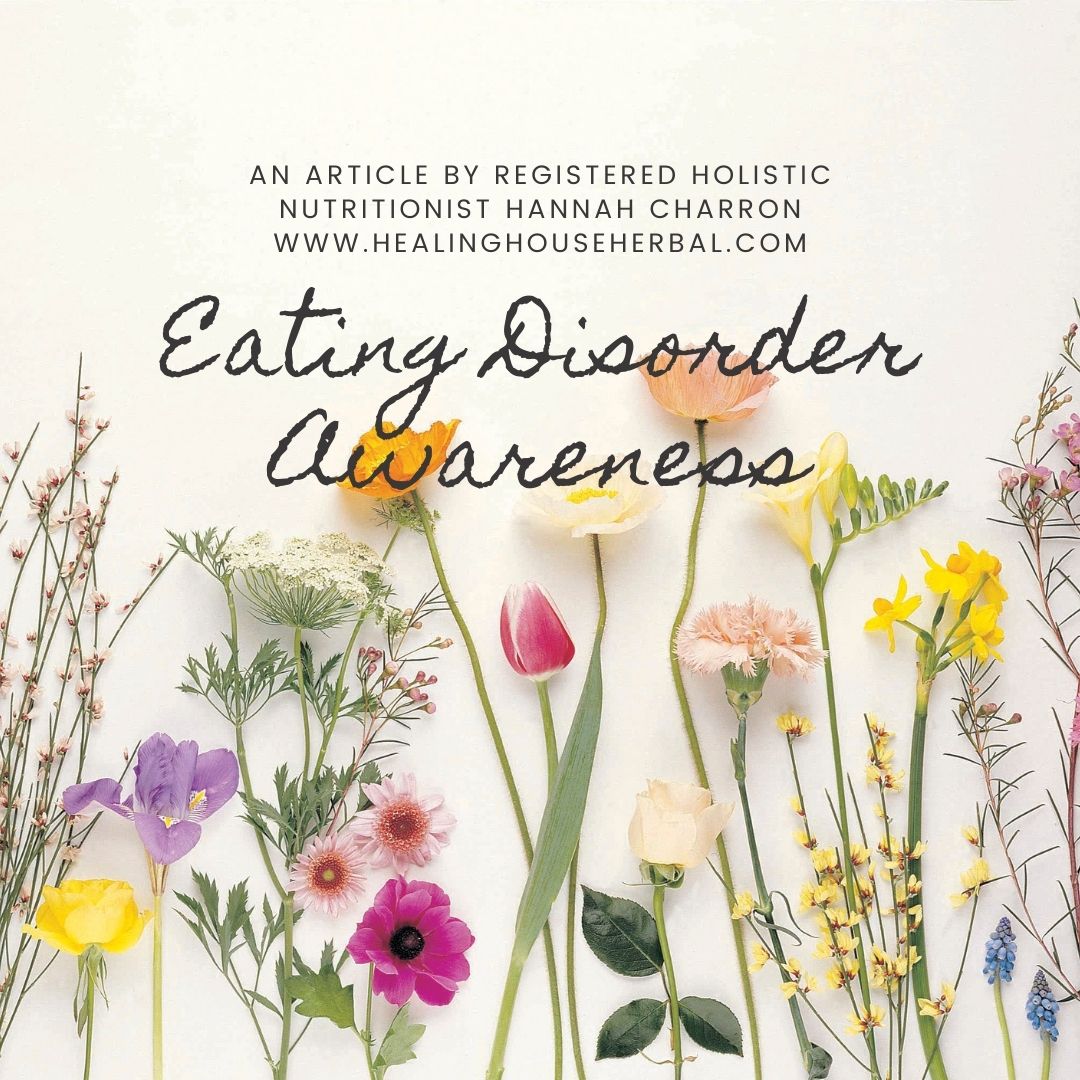
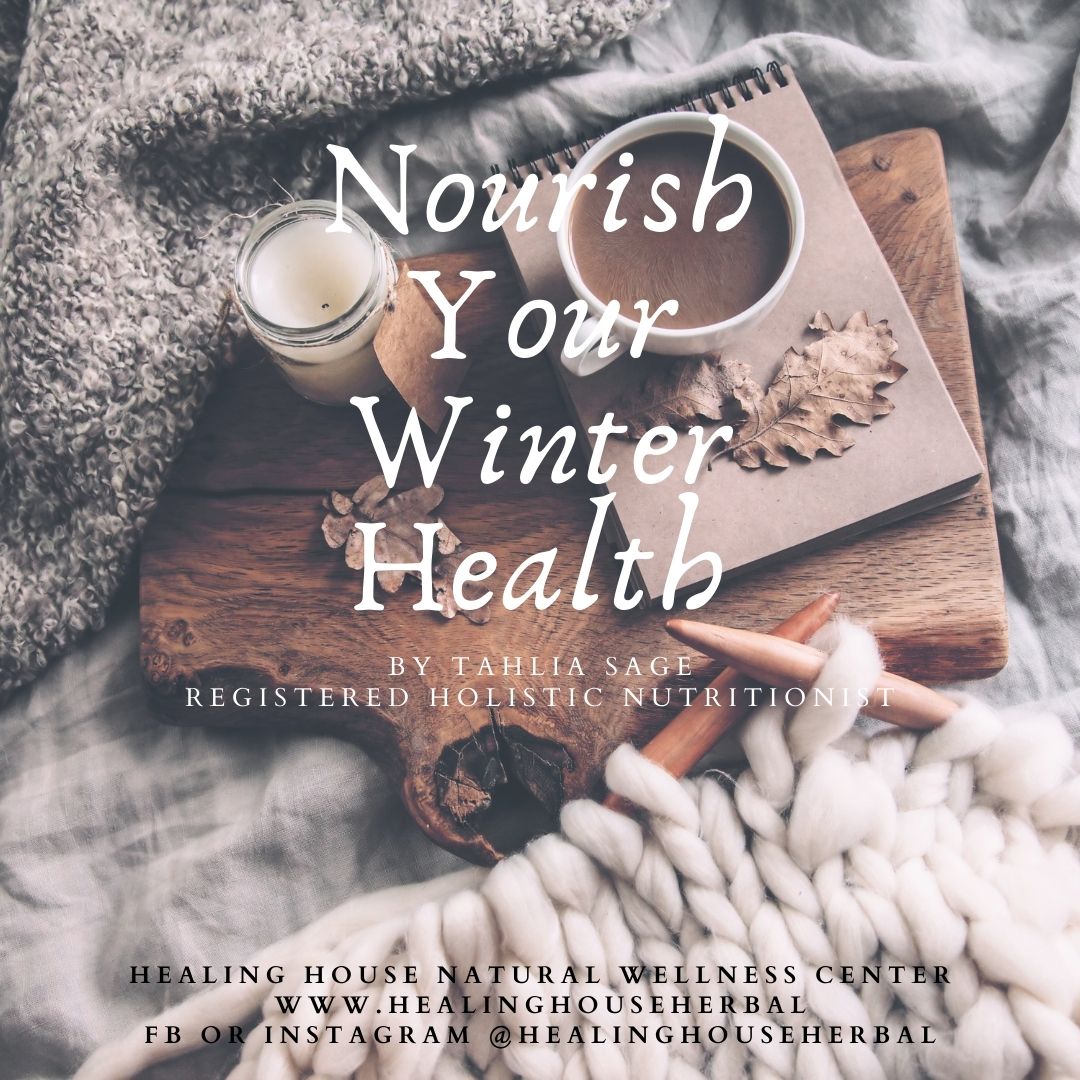
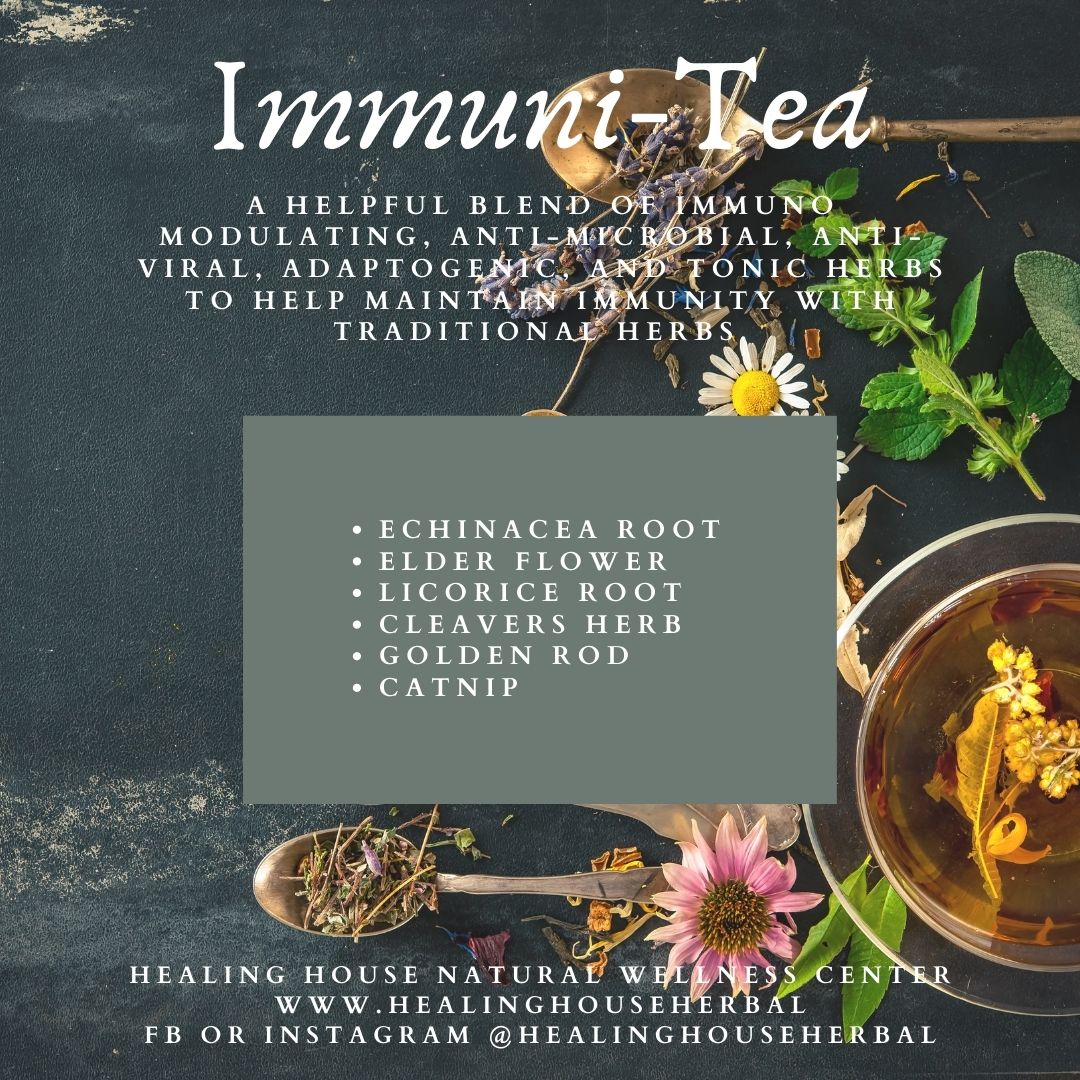
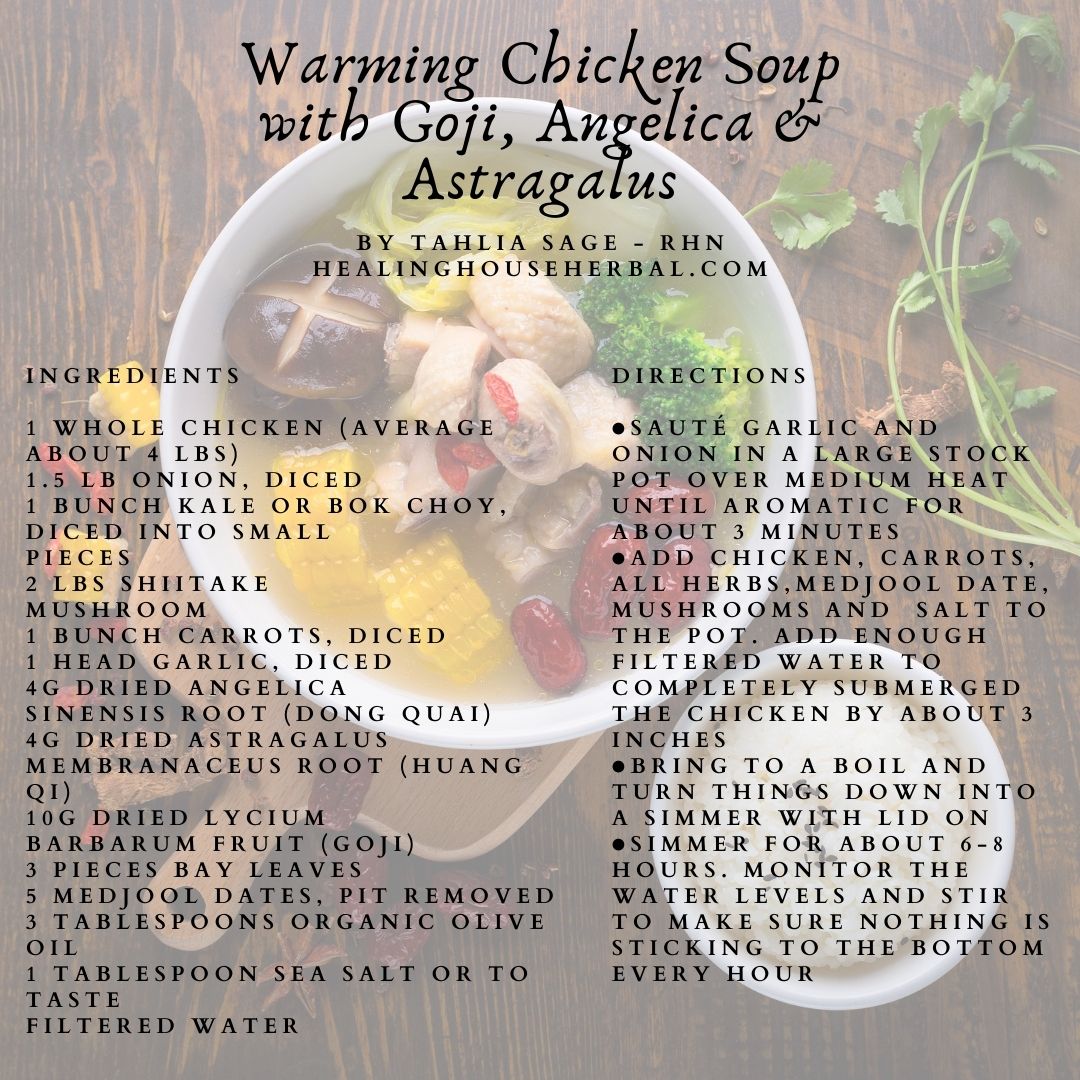
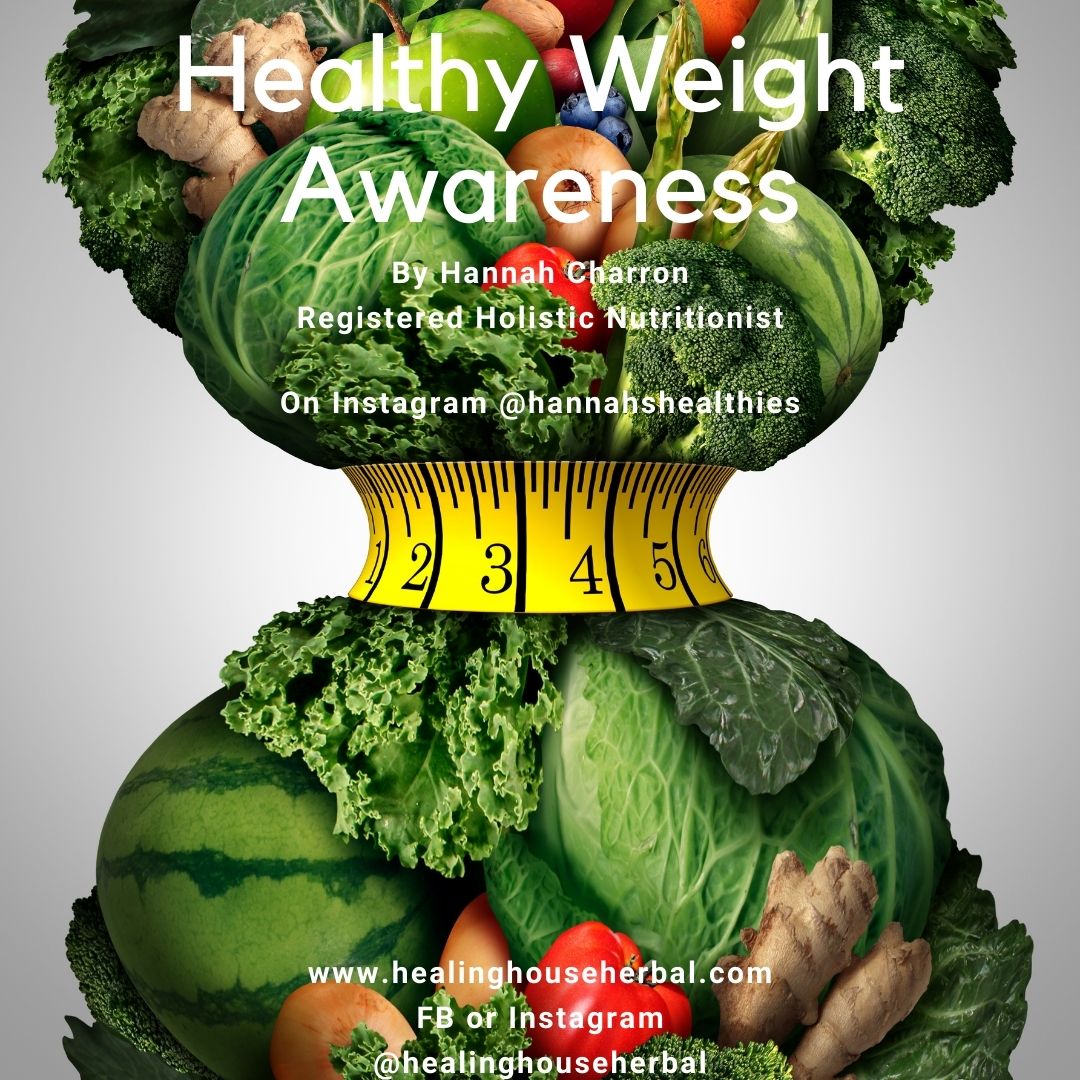
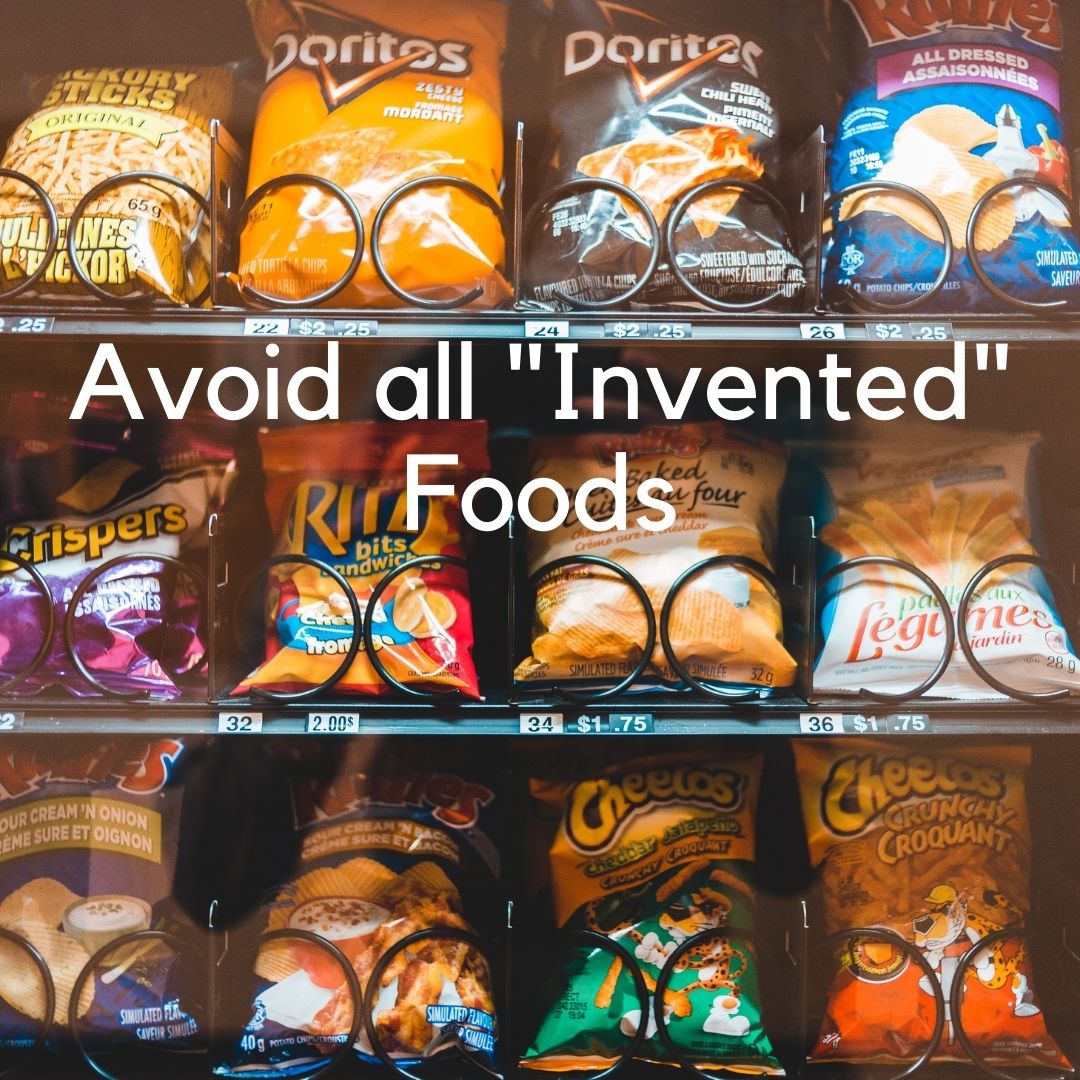

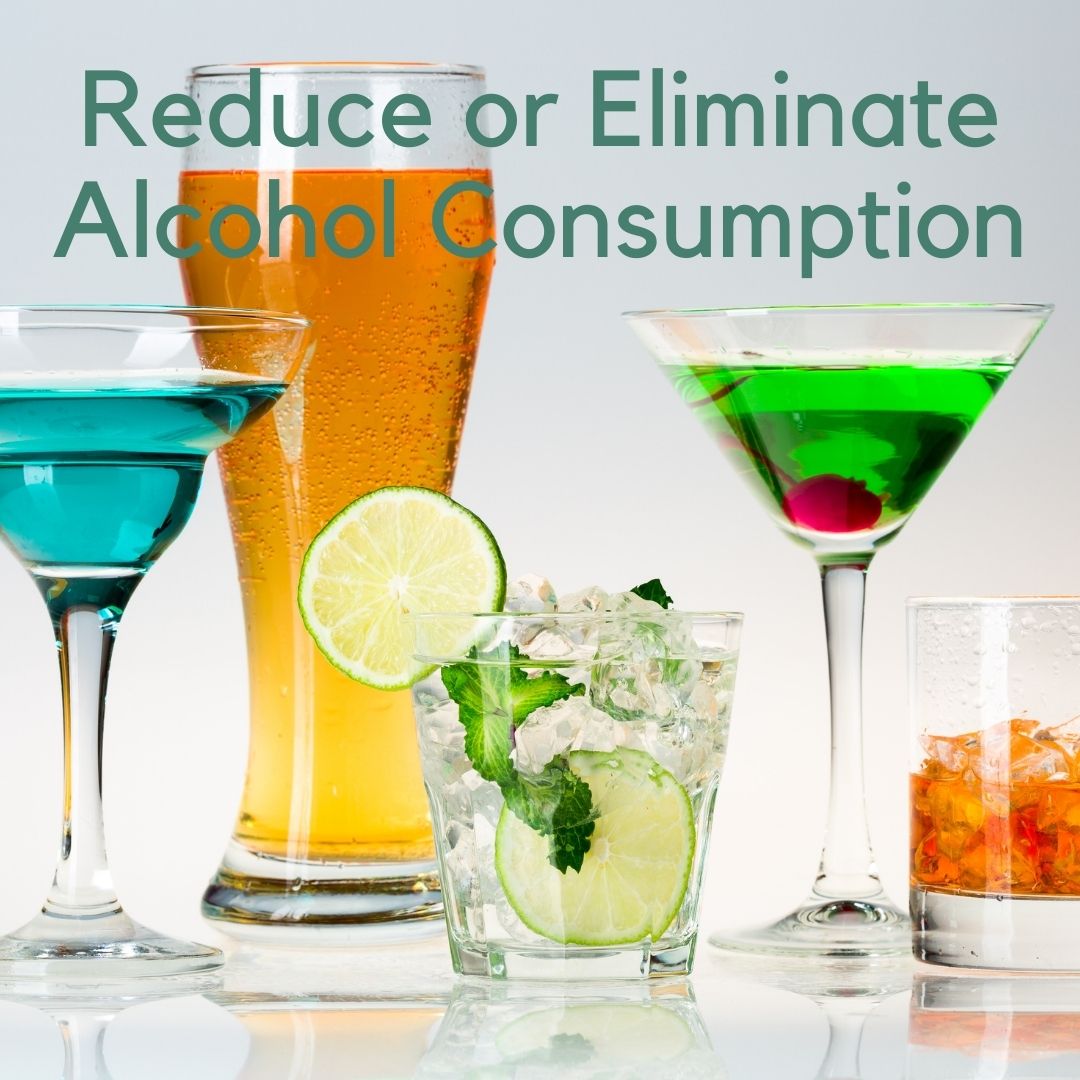
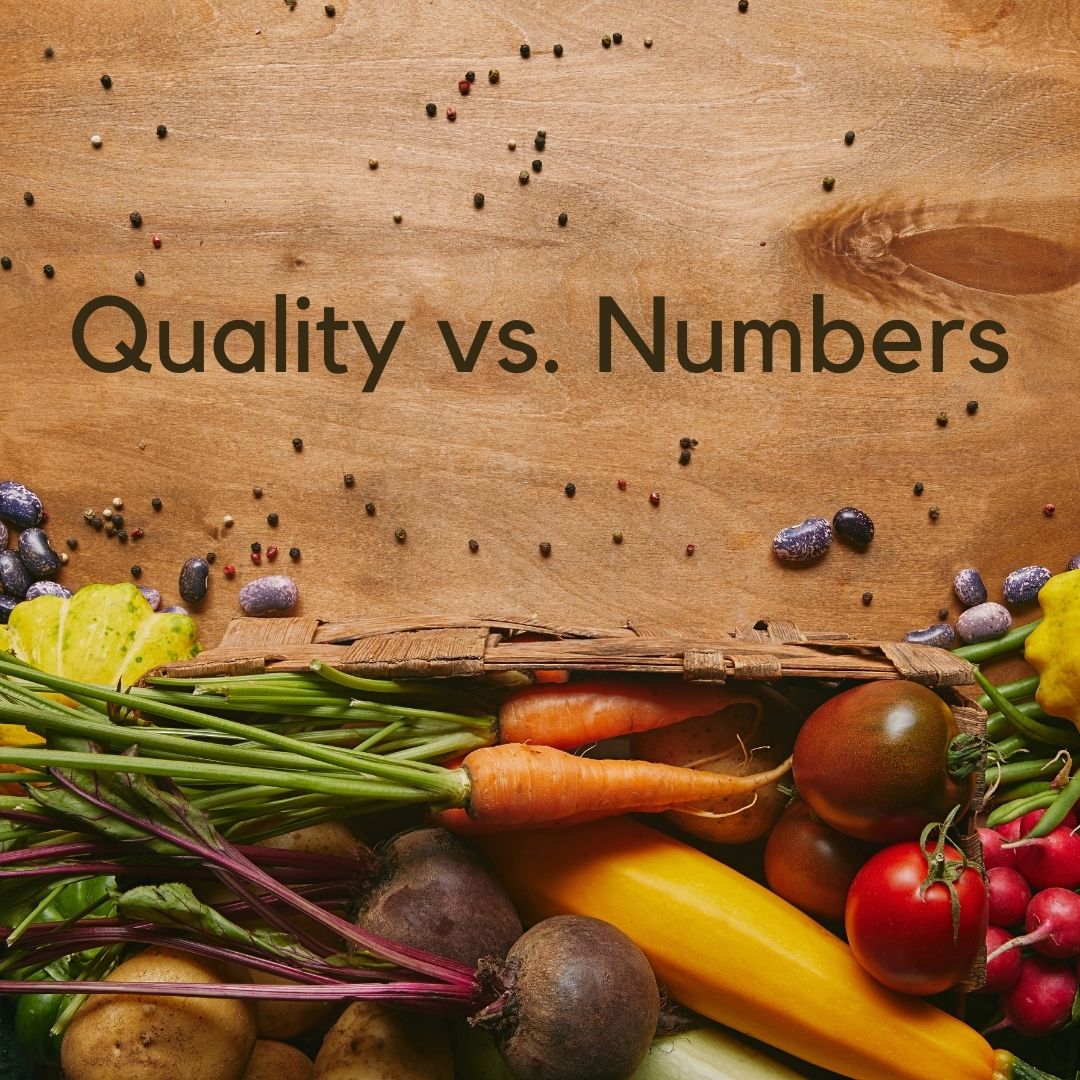


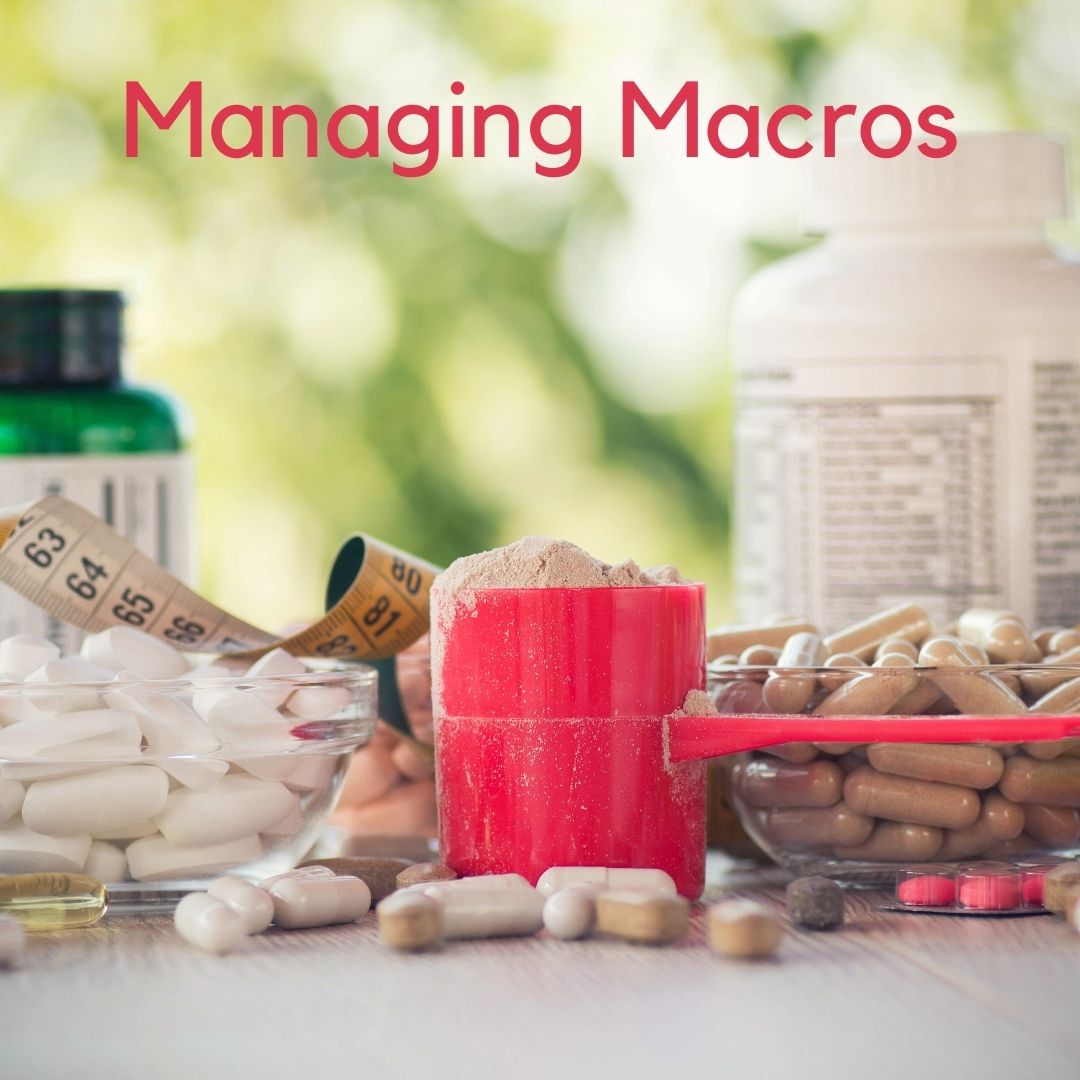


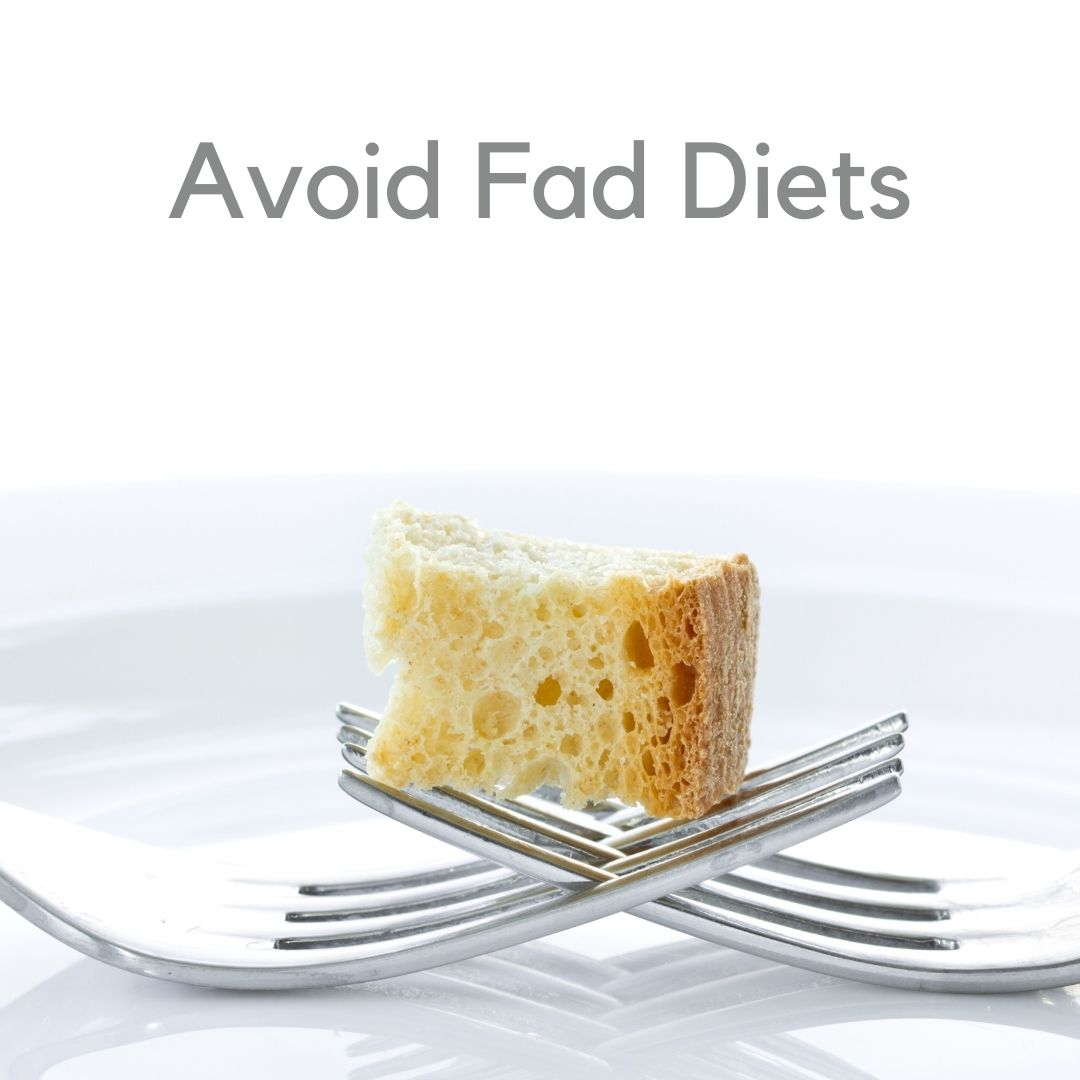
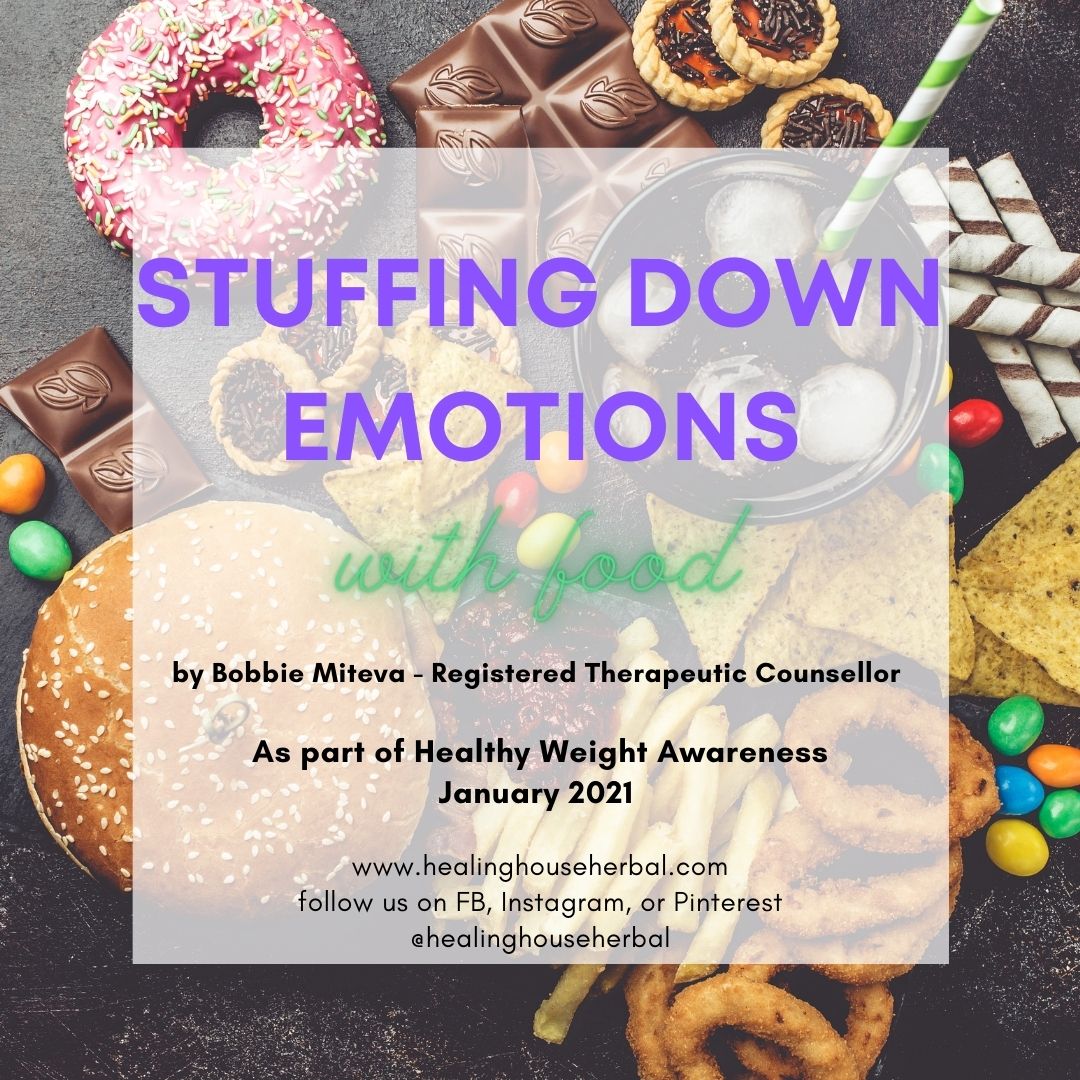

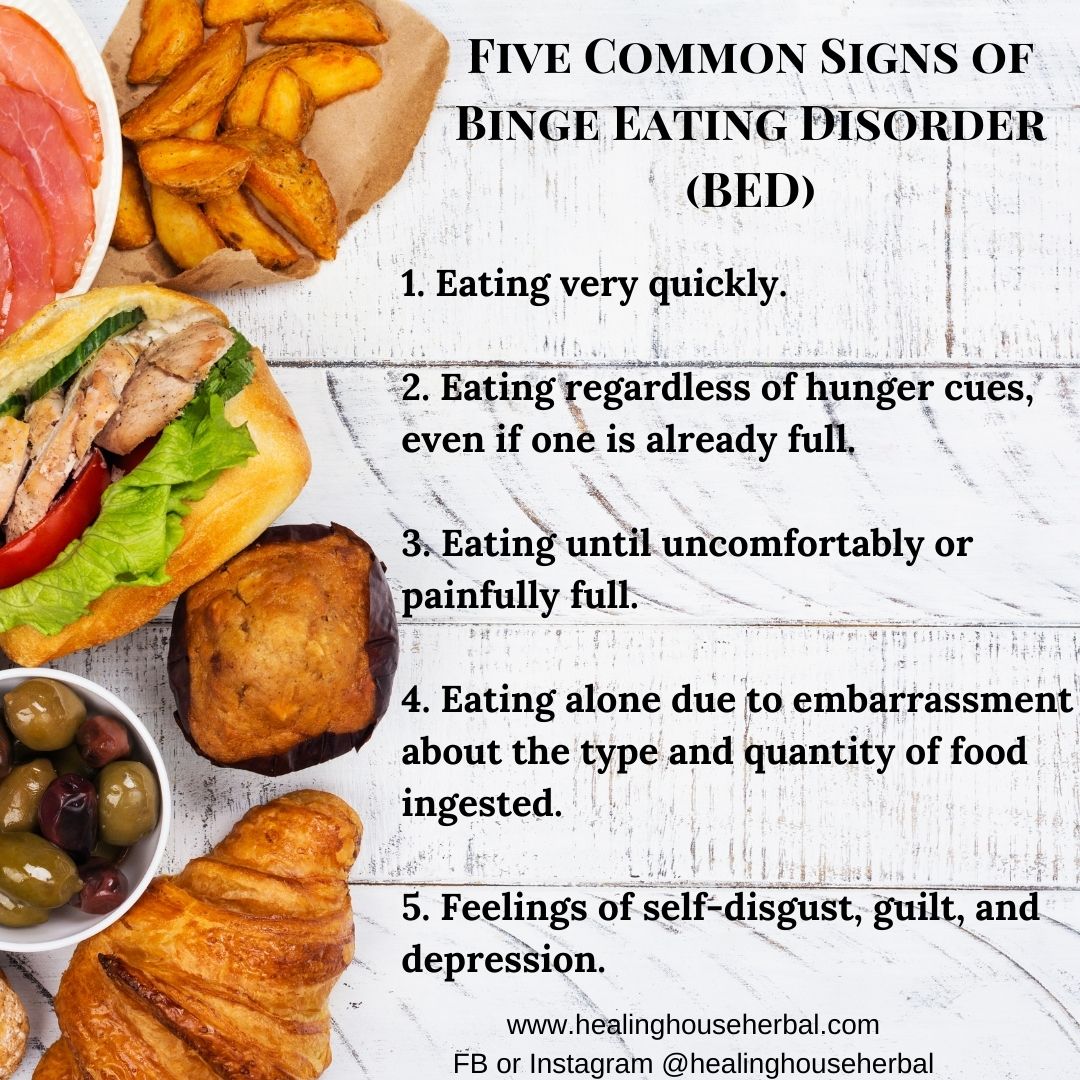

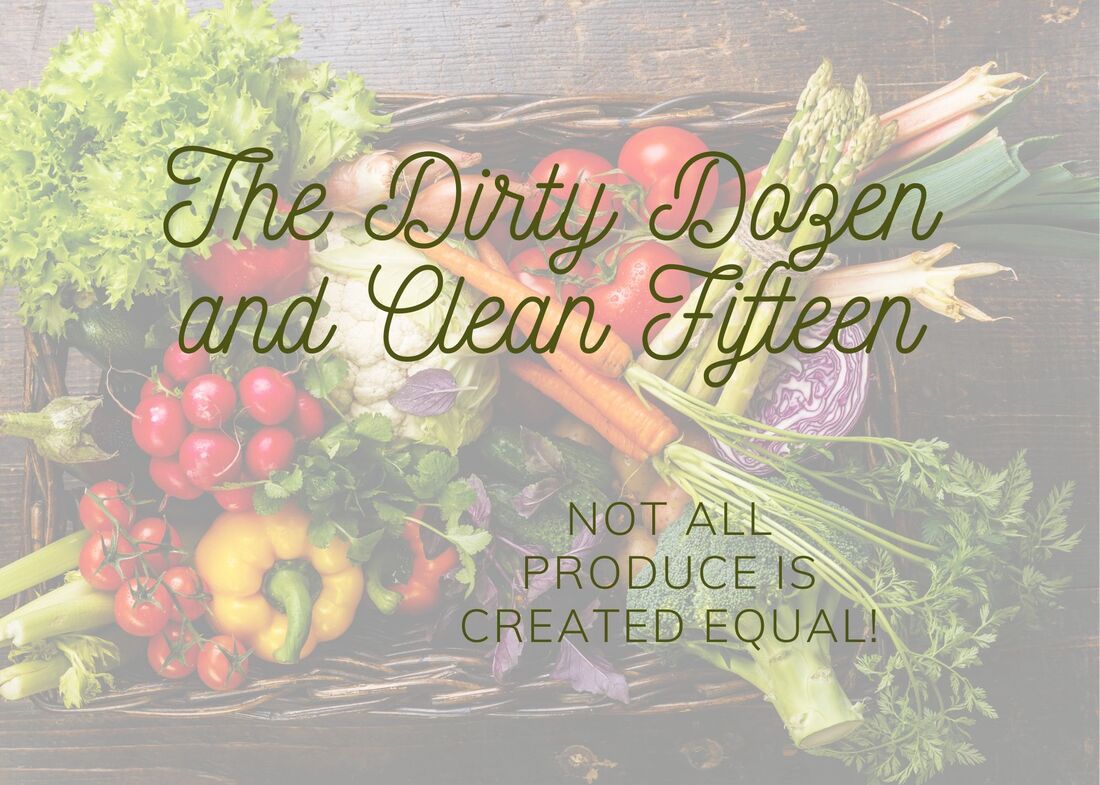
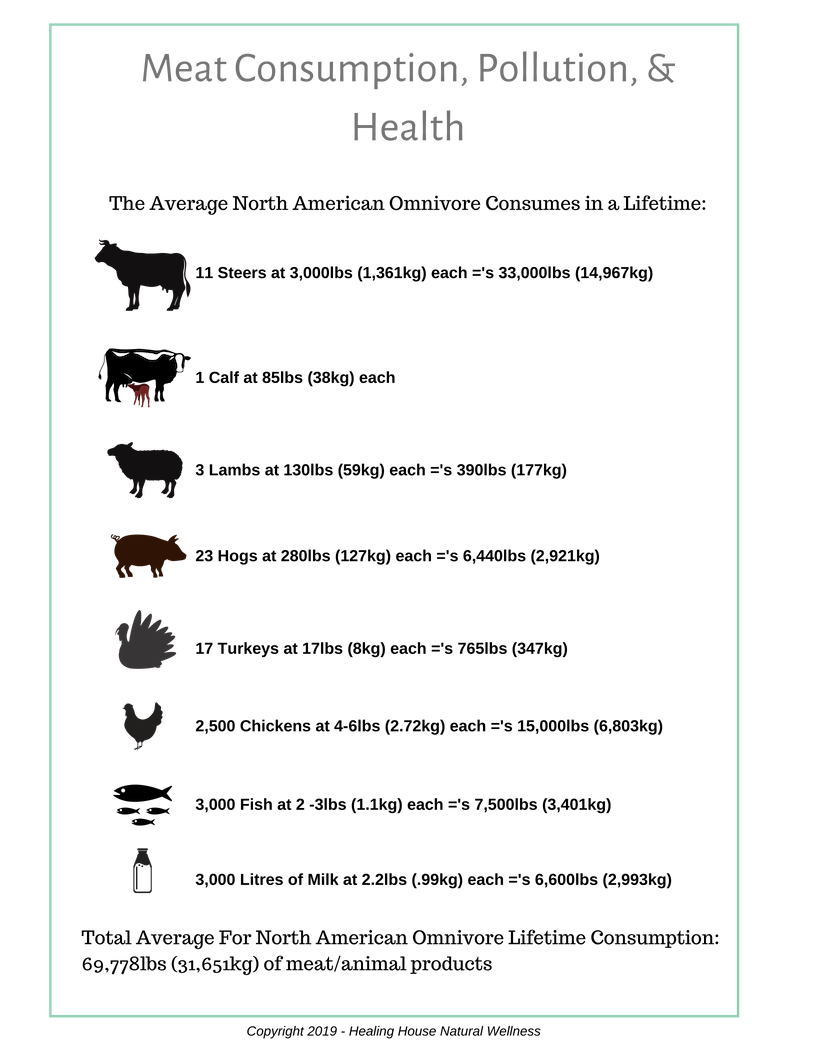
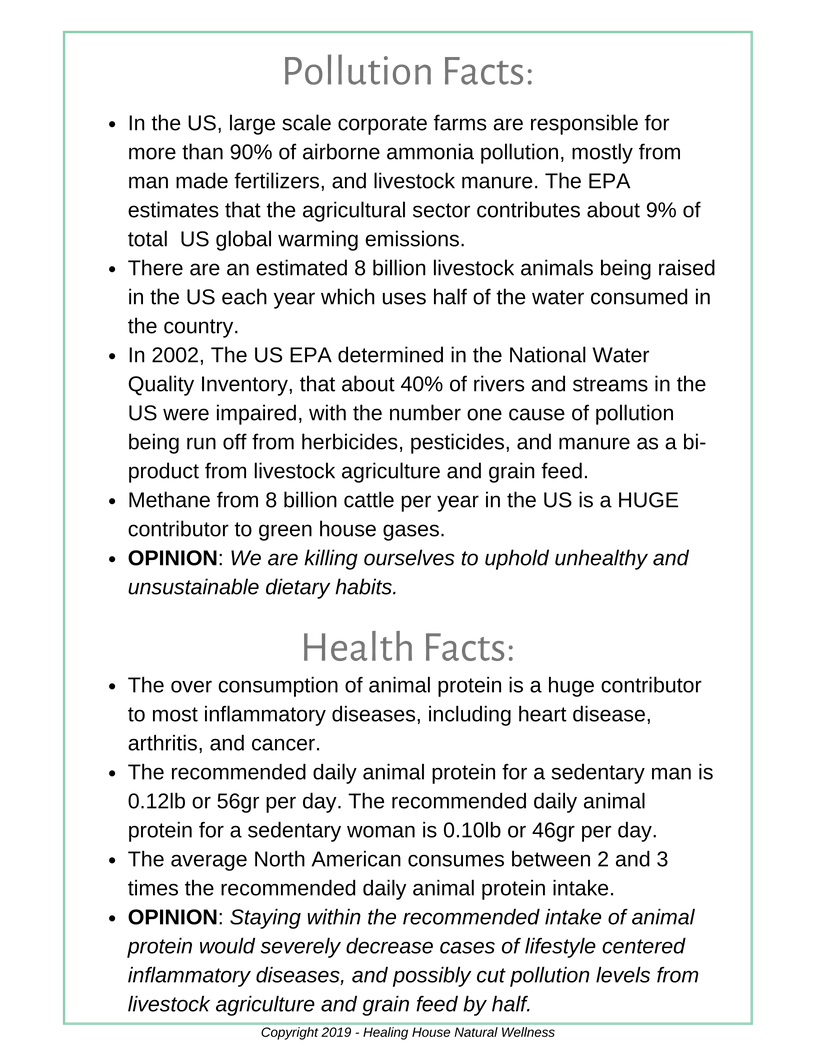
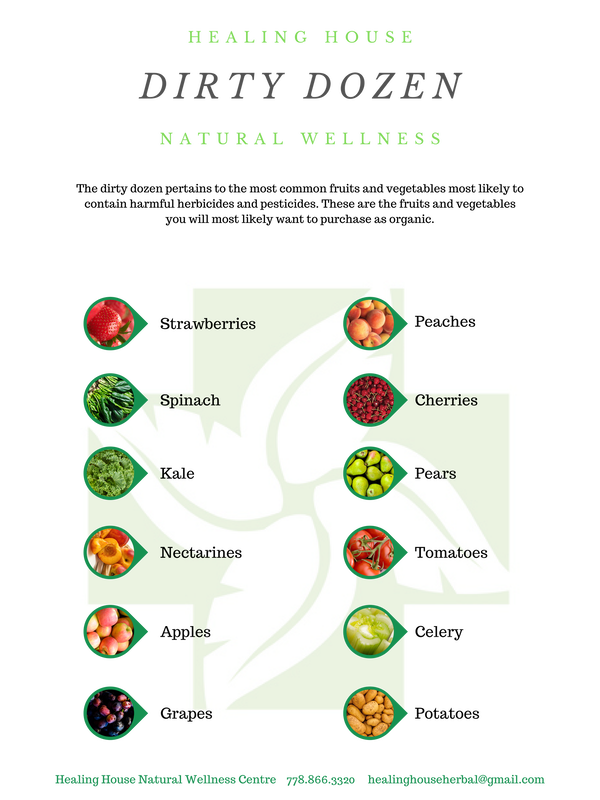
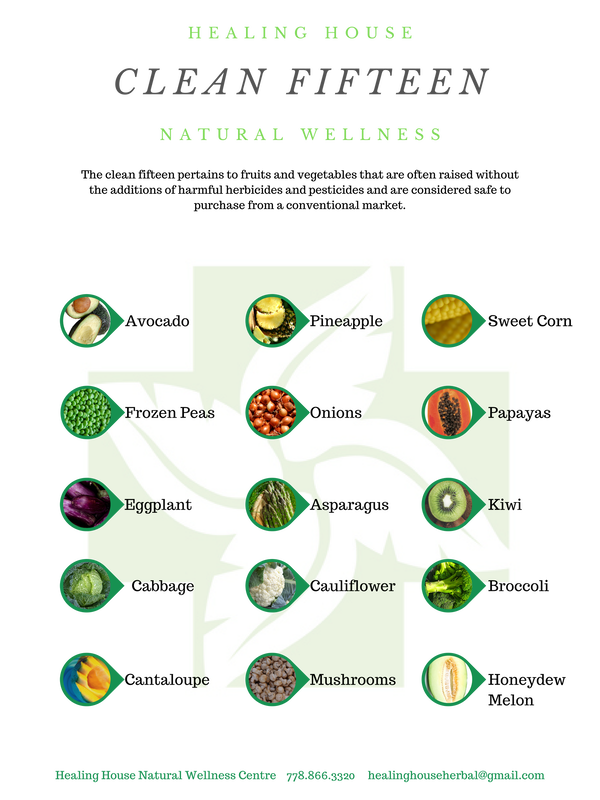
 RSS Feed
RSS Feed